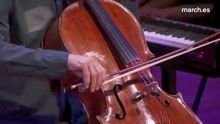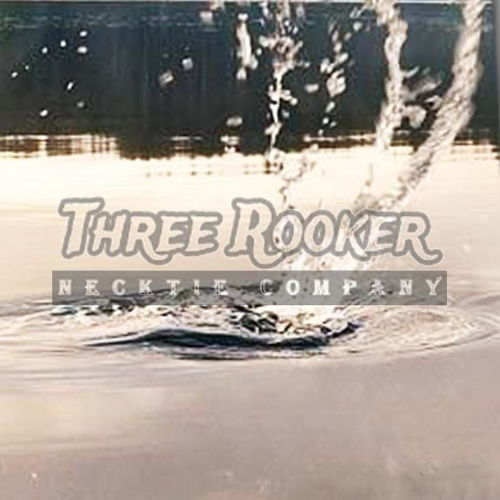Content:
Introduction: The world of fishing is vast and varied, offering enthusiasts a multitude of experiences and challenges. One such area that has gained popularity in recent years is the art of raising and angling with juvenile fish, or fish苗. These young fish, often referred to as fry or fingerlings, can be a delightful addition to any angler's repertoire. However, mastering the techniques required to effectively manage and fish with these young creatures can be quite the endeavor. In this comprehensive guide, we will delve into how to raise and fish with juvenile fish, offering tips and tricks to help you become a seasoned pro.
Understanding Juvenile Fish: Before diving into the intricacies of raising and fishing with juvenile fish, it's crucial to have a basic understanding of these young creatures. Juvenile fish are in the early stages of their life cycle, characterized by their small size and rapid growth. They require specific care and attention to thrive.
1 Life Cycle: Juvenile fish typically go through several stages of development, from egg to fry to fingerling. Each stage has unique requirements in terms of habitat, nutrition, and protection from predators.
2 Habitat: Creating an ideal habitat for juvenile fish is essential for their growth and survival. This involves providing a suitable water body with the right temperature, pH level, and oxygenation. It's also important to consider the presence of adequate vegetation and hiding spots to protect them from predators.
Raising Juvenile Fish: Raising juvenile fish requires a careful balance of nutrition, water quality, and management. Here are some key tips to ensure their healthy growth:
1 Nutrition: A balanced diet is crucial for the growth and development of juvenile fish. This typically involves a mix of commercial fish food, live or frozen bait, and natural food sources like insects and algae. It's important to feed them small, easily digestible meals several times a day.
2 Water Quality: Maintaining optimal water quality is essential for the health of juvenile fish. Regular water changes, monitoring pH levels, and ensuring adequate aeration are vital. It's also important to remove any uneaten food and waste to prevent the buildup of harmful substances.
3 Management: Managing the population of juvenile fish is important to prevent overcrowding and disease. This may involve regular harvesting or thinning of the population, as well as monitoring their growth and health to ensure they are thriving.
Fishing with Juvenile Fish: Once your juvenile fish have reached a suitable size, you can start angling with them. Here are some fishing techniques and tips to consider:
1 Gear Selection: When fishing with juvenile fish, it's important to use appropriate gear. Lightweight rods, reels, and lines are recommended to avoid overloading the fish and causing injury. Additionally, using smaller hooks and lures will increase your chances of success.
2 Bait and Lures: Selecting the right bait or lure is crucial for attracting juvenile fish. Live bait, such as worms or insects, can be highly effective. Artificial lures, like spinners or tiny jigs, can also be used to mimic natural prey.
3 Techniques: When fishing with juvenile fish, it's important to use gentle techniques to avoid injury. This includes using a slow and steady retrieve, allowing the fish to inhale the bait, and avoiding sudden movements or reeling too quickly.

Conservation and Ethics: As an angler, it's important to practice conservation and ethical fishing. This means respecting the environment, following local regulations, and ensuring the sustainability of fish populations. When releasing juvenile fish, it's crucial to handle them with care and give them a fair chance to survive.
Conclusion: Raising and angling with juvenile fish can be a rewarding and enjoyable experience for anglers of all levels. By understanding the life cycle, habitat requirements, and proper techniques for raising and fishing with these young creatures, you can become a master in the art of juvenile fish management. Remember to practice conservation and ethical fishing to ensure the sustainability of these precious resources. Happy fishing!












